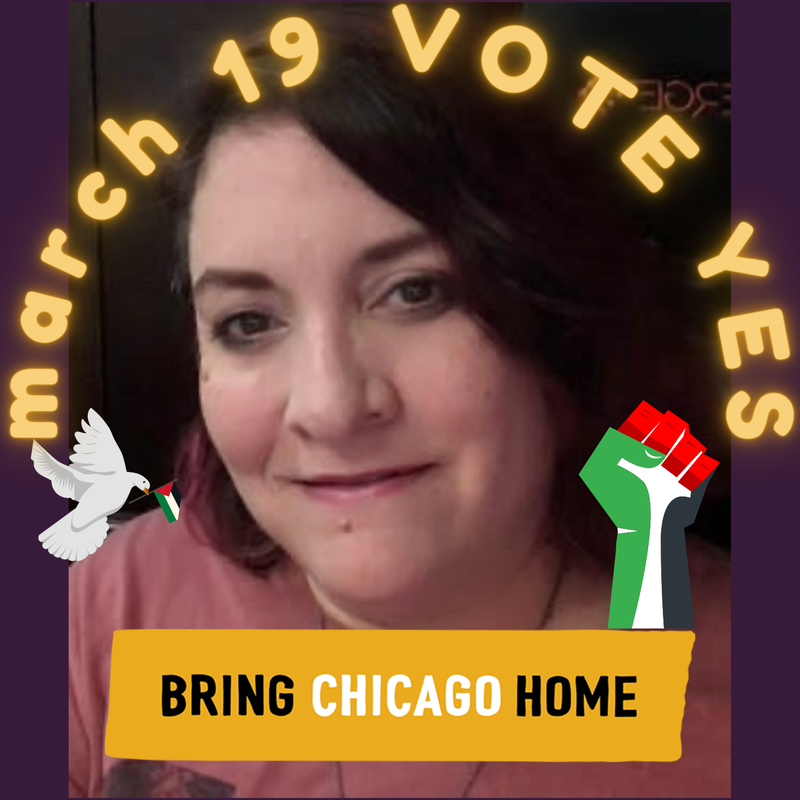 Yesterday, I got a weird string of text messages that kept me thinking about stereotypes all day and through this morning. (And if you are reading this, dear friend who does not really understand me or my politics, know that I love and respect you.) I got a message from a friend who didn’t want me to discuss politics with said friend (although I never do and wasn’t planning on). Apparently, this friend does not read my blog or Facebook posts, which is fine. What bothered me about the exchange was (1) My friend assumed I was going to discuss politics with her and proselytize, which I don’t do to anyone. In fact, I have been listening to people’s justifiable fears and spreading hope where the audience is open to it, and (2) My friend assumed that I was a true Blue Democrat and that blinded my world view. And this individual made a vast generalization based on ONE Facebook post. To quote one of my political heroes, let me be very clear, I have been a consistent advocate for third parties and fight to create them, and not just during election season. I believe we need a party that fights for working classes and the poor and the dispossessed. I voted for Hillary because I never lie to my husband. Had I written in Bernie Sanders or voted for Jill Stein, both of which I debated up until I got to the polls, I would never hear the end of it. Ever. I also voted for her because my relatives in California begged me to or else they would move back to Mexico, even though they are citizens. I have no doubt they are in route now. Finally, and most importantly, I voted for Hillary because I did not want the fascist Cheetos in office, period. In the wee hours when I realized he had won, after refreshing the browser numerous times, I was angry. I was angry at the people who didn’t vote or refused to vote. I was angry at third party voters in swing states. I was angry at so-called Leftists who voted for Trump to stick it Hillary. I was even angrier at the Electoral College for supporting a fascist, despite the cumulative popular vote. That was at 2a.m.. Throughout that morning, and within hours, I calmed down, and retargeted my anger at Donald Trump, the real enemy, and decided that I wanted to fight for my America. The real enemy is this fascist movement that will prove disastrous for most Americans, regardless of how they voted. I can’t say this enough: I feel empathy for those people who think he is going to shepherd them out of poverty. We will have to reach out to his supporters who are hoping for a better world and won’t get it, no matter what color they are. When they wake up, we should be there ready to stand together, and reclaim our country. For the others that are ideologically entrenched, there is no reaching out to them. They will have to come to their own conclusions based on their suffering. All of this misunderstanding came about from one Facebook post, and my political views and myself were stereotyped and categorized incorrectly and unfairly. In literature, of course, stereotypes can be exaggerated and educational. A master of the Dominican stereotype is Junot Diaz, but his work is always balanced by history and political analysis. I shudder to think how much research he does, but he does do it well. His characters aren't always likeable; in fact, few are which just adds to the reality of who he depicts. I hope to be that intentional in my work. In fact, this morning I was planning on mapping out my novel with clearer purpose. However, the WiFi crapped out, and I had to retype this blog. Below is an excerpt on the novel I am rewriting, page 2. Oh, and on a funny side, here is some political humor (no, I don't smoke): Here is to not stereotyping or being stereotyped, in real life. Enjoy the second page of my embryonic novel. ======= I look quickly to my right and see a red squad beating a young boy down. He is unusually fat for the neighborhood and is overburdened with water jugs. Water jugs! I only carry one, and although I can lift 40 pounds easily, the empty container seems to weigh more than anything. To my left a grey volunteer emerges out of nowhere and grabs for my arm, but I offer a swift punch to her throat and easily scamper away into Mrs. Jenkens’ apartment. Maybe she will get it, even though she volunteers. I despise volunteers. They are normal women who can’t afford genetic modifications, unfortunate women who couldn’t find a sponsor. Still, that doesn’t give them the right to harvest us. Especially not me. I am a girl. I look for any squad member that might be lurking about. Hiding from the squads inside your home is illegal. Being hidden in others’ homes is frowned upon, but Mrs. Jenkens doesn’t care what the neighbors think. She doesn’t care if she gets sent to the processing plant because she too is too old to be productive anymore. “Thought I was going to have to get out there with my shot gun,” chuckles the old woman. She sits by the window, unafraid of gunfire. I know she has been waiting for me because she is holding the old history book in her hand, the one with all the pages in it. There is the familiar smell of green tea and black market biscuits. I spy them on the table and besides the adrenaline rush, I feel a strong surge of hunger. I wonder how much they cost her; in the market, non-meat products run astronomically high. Last week, I traded a whole leg of dog for mom’s sanitary products. Mom never said where she got the leg; dogs are rare. I give Mrs. Jenkens a sincere grin, and know better than to pester her for details. “Oh please,” I answer catching my breath, “You wouldn’t last a millisecond. Out there,” I point, “With your broken hip,” I aim at her hip. I try not to stare at the bright orange shawl she wears, “Or that ‘kill me’ flag you have on.” Only Mrs. Jenkens favors them over the military style uniform retirees wear. Today, the woman sports a knee-high pink dress. “Hmmm,” I admonish with mock-disapproval, “Trying to get arrested with those clothes?” Taking my gallon, she walks with the step of a young girl into the kitchen, despite her slight hobble “Bah, no one cares about a woman over fifty. I don’t taste good anyway.” “Don’t you mean sixty?” I say. A loud bang makes me head for the kitchen but not too quickly. After all, we are trained to be unafraid of death. When I enter Mrs. Jenkens has the gallon filled to the brim. I never ask how, but she always has water. Always has enough, but then, she lives alone.
0 Comments
Leave a Reply. |
Jesú Estrada
|
 RSS Feed
RSS Feed

